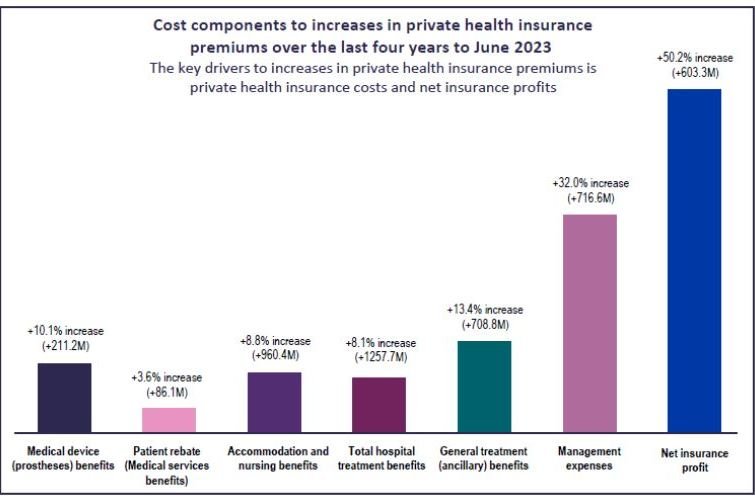Unemployed people are more likely to rate their overall life satisfaction poorly than employed people or those not in the labour force, Stats NZ said today.
According to new survey data, collected since the COVID-19 pandemic reached New Zealand, 28 percent of unemployed people rated their life satisfaction at 0-6 on an 11-point scale. This compared with 13 percent of employed people, and 18 percent of those who were not in the labour force.
“The data shows unemployed people are faring worse than employed people across a range of wellbeing measures,” wellbeing and housing statistics manager Dr Claire Bretherton said.
“On the other hand, the picture is mixed for people who aren’t in the labour force.”
| Employed | |
| 0-6 | 13 |
| 7 | 18.1 |
| 8 | 33.9 |
| 9 | 19.9 |
| 10 | 15.1 |
| 12.0 | 14.0 |
|---|---|
| 16.9 | 19.2 |
| 32.6 | 35.2 |
| 18.8 | 21.0 |
| 14.1 | 16.2 |
| Unemployed | |
| 0-6 | 27.6 |
| 7 | 18.2 |
| 8 | 28.7 |
| 9 | 7.8 |
| 10 | 17.7 |
| 22.3 | 32.8 |
|---|---|
| 12.0 | 24.4 |
| 22.0 | 35.4 |
| 3.8 | 11.7 |
| 12.2 | 23.3 |
| Not in the labour force | |
| 0-6 | 18.1 |
| 7 | 13.1 |
| 8 | 29.2 |
| 9 | 18.0 |
| 10 | 21.6 |
| 16.4 | 19.7 |
|---|---|
| 11.7 | 14.4 |
| 27.3 | 31.2 |
| 16.2 | 19.7 |
| 19.8 | 23.4 |
Unemployed people were also more likely to rate their lives poorly in terms of their family wellbeing (22 percent gave a rating of 0-6) and how worthwhile they felt the things they did in life were (27 percent with a rating of 0-6).
“The overall wellbeing of unemployed people reflects the difficult material circumstances many face,” Dr Bretherton said.
More than one-quarter (26 percent) of unemployed people said they did not have enough money to meet their everyday needs, compared with just 4.2 percent of employed people and 10 percent of those not in the labour force. One in five unemployed people (22 percent) had received help from organisations such as churches or foodbanks in the previous 12 months.
Unemployment can also be associated with a loss of social connectedness and poor mental wellbeing. Unemployed people were more likely than others to have felt lonely over the previous four weeks (which may have been compounded by the COVID-19 lockdown in April) and more likely to have experienced poor overall mental wellbeing over the previous two weeks.
Job security also linked to life satisfaction
Employed people generally fared better than unemployed people on most wellbeing indicators. However, those who felt less secure in their jobs tended to fare worse than those with greater job security.
“Employed people were asked about the likelihood of losing their job or business within the next 12 months. As the level of insecurity rose, overall life satisfaction tended to fall,” Dr Bretherton said.
Of those who felt most insecure (with a high chance or almost certain to lose their employment), 27 percent rated their life satisfaction at 0-6. This compared with 9.2 percent of those who felt there was almost no chance of losing their employment.
Lower job security was also associated with poorer financial wellbeing.
“This may be because more insecure jobs are often lower paid,” Dr Bretherton said.
| Likelihood of losing job or business in next 12 months | Percent |
| Almost no chance | 9.2 |
| A low chance | 11.5 |
| A medium chance | 17.9 |
| Almost certain / A high chance | 27.4 |
| 7.8 | 10.7 |
|---|---|
| 9.8 | 13.3 |
| 15.0 | 20.7 |
| 22.2 | 32.6 |
Mixed picture for those not in the labour force
People who were not in the labour force (not working and not actively seeking or available for work) are a diverse group with considerable variation in wellbeing outcomes.
People who were not in the labour force due to their own illness, sickness, injury, or disability fared poorly on several indicators and were the most likely to experience low overall life satisfaction. Of this group, 44 percent rated their life satisfaction at 0-6, compared with 22 percent of caregivers, 15 percent of students, and 9.4 percent of those who were retired (and not included in the other categories).
“On most measures, retired people were faring better than others who weren’t in the labour force,” Dr Bretherton said.
“In many respects they fared better than employed people.”
Among the positive indicators for retired people were that 49 percent rated their life satisfaction at 9 or 10, and 74 percent said they had enough or more than enough money. Additionally, 61 percent had never felt lonely in the last four weeks, and only 11 percent experienced poor overall mental wellbeing.
About the data
Stats NZ collected this information as part of a wellbeing supplement added to the household labour force survey in the June 2020 quarter. The supplement included a selection of questions from the general social survey, which has been delayed until April 2021 due to the COVID-19 pandemic. Stats NZ will continue collecting information through the supplement until the March 2021 quarter.







